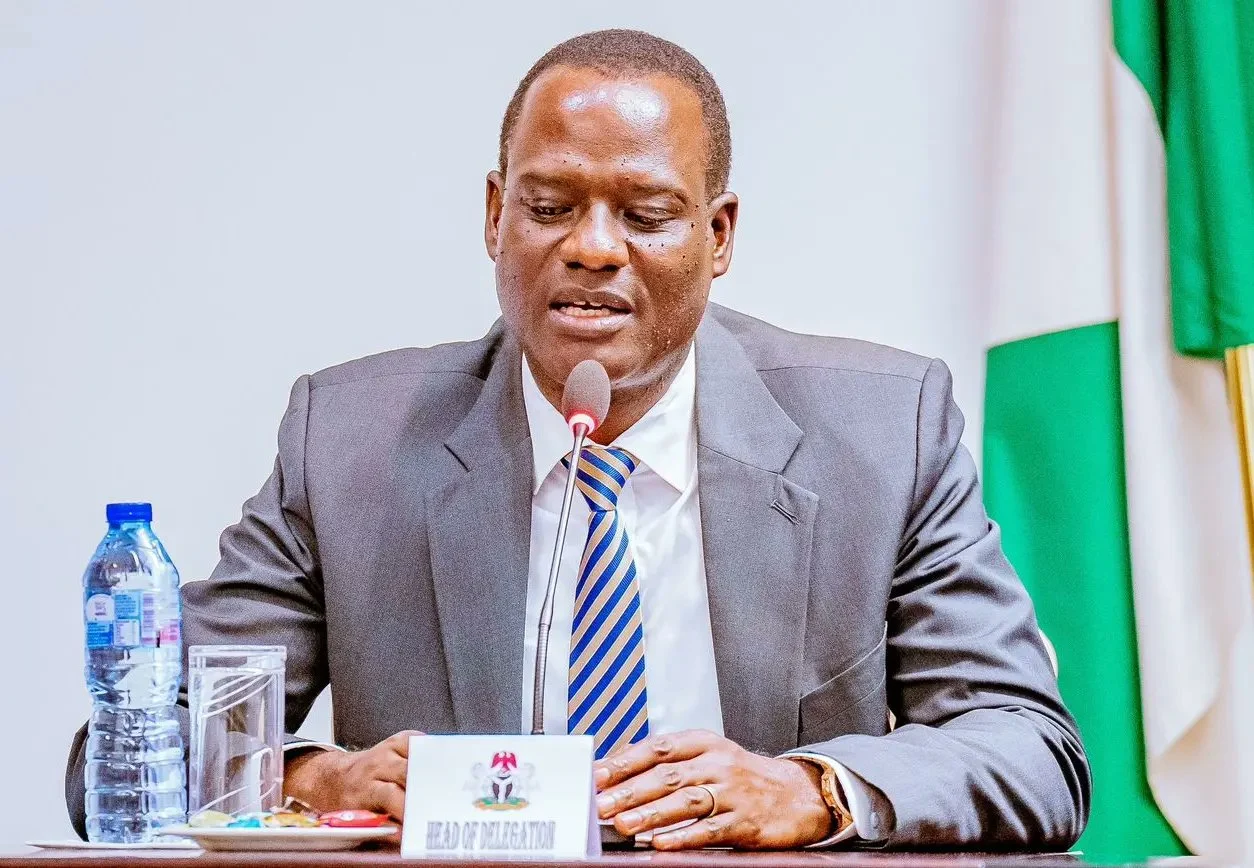The Chairman of the Presidential Committee on Fiscal Policy and Tax Reforms, Taiwo Oyedele, has emphasized that over 90 percent of workers in both the public and private sectors would see a reduction in their taxes if the proposed tax reforms are enacted.
Oyedele made the statement on Monday via his X handle, a platform he uses to inform the public about the potential effects of the reforms.
In October 2024, President Bola Tinubu introduced four Tax Reform Bills to the National Assembly, aiming to overhaul Nigeria’s tax system.
The four bills—the Nigeria Tax Bill 2024, the Tax Administration Bill, the Nigeria Revenue Service Establishment Bill, and the Joint Revenue Board Establishment Bill—are designed to consolidate existing tax laws, streamline administration, and boost revenue generation.
Regarding the impact on personal income tax, Oyedele explained that individuals earning N1.7 million or less per month would benefit from lower PAYE taxes under the new bills.
Additionally, those earning the new minimum wage and slightly more would be fully exempted.
He noted, “These thresholds will result in over 90 percent of workers in the public and private sectors paying lower taxes, while high-income earners will see a modest increase in taxes in a progressive manner, with ultra-high net worth individuals paying up to 25 percent.”
He further clarified that workers earning the new minimum wage would be exempt from taxes, adding, “Beyond the N800k per year exemption, there is a rent relief of up to N200k per year, which together will exempt individuals earning up to N1m annually (approximately N83k per month). This will be especially beneficial for low-income earners. Moreover, the new tax bands and rates are structured to prevent situations where individuals earning slightly above the exemption threshold are taxed to the point where they are worse off than someone earning within the exemption limit. For example, a person earning N30k per month currently pays no tax, while someone earning N30,001 per month would pay about N500, leaving them with a net income of N29,500—N500 less than the person earning N30,000. The Tax Bills address this issue by ensuring that everyone is eligible for the first tax-free bracket.”
Oyedele also pointed out that the existing personal income tax table, last reviewed in 2011, had caused ‘fiscal drag,’ where many low-income earners have been pushed into higher tax brackets over time.
He explained, “This means that an individual earning just N400k a month is taxed at the same top marginal rate as a wealthy individual earning, for instance, N20m per month. The tax table has therefore become regressive rather than progressive as originally intended. Additionally, the current regime discourages formalization because the top tax rate for companies is nearly double that for enterprises, encouraging arbitrage between the two income tax systems. The proposed changes aim to resolve these issues by simplifying the system and incorporating existing reliefs and allowances into the tax bands to reduce the effective tax rate for most workers.”
Among the key provisions of the tax reform bills are plans to increase the Value Added Tax rate from 7.5 percent to 10 percent by 2025, with further increases planned, as well as a 5 percent excise duty on telecommunications services.
Although the Bills have faced strong opposition, President Bola Tinubu has made it clear that the tax reforms are here to stay, ruling out any possibility of withdrawing them from the National Assembly, despite calls from certain stakeholders.










